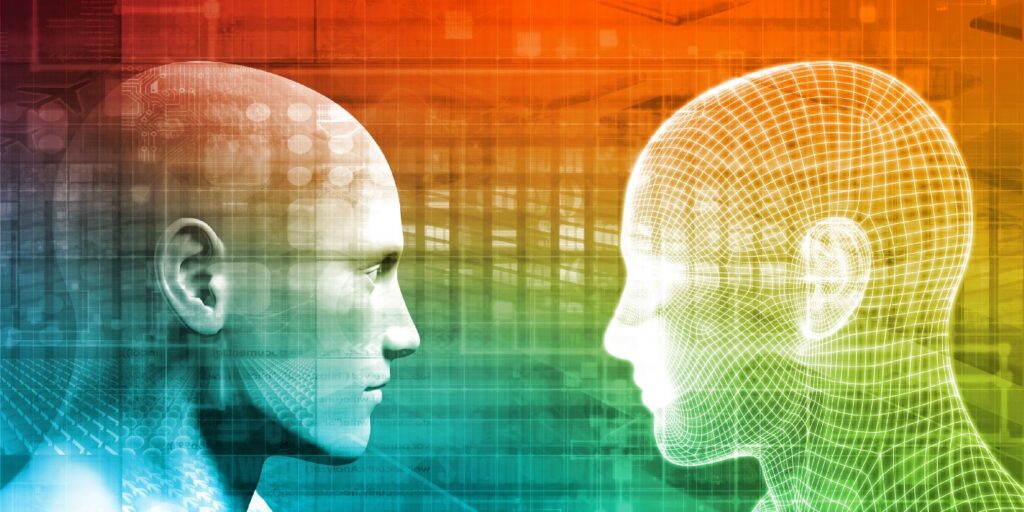Digital experiences and artificial intelligence play a central role in daily post-modern life.
Today algorithms lead the new frontiers of medicine, guide financial decisions on domestic and international levels, foster new forms of tourism, increase the connection between individuals and their communities, drive innovation within the food system, serve as tools to ensure food security and food justice, boost local economies, and even encourage individuals to deep dive into their emotions and personal feelings.
These last two years of the pandemic have demonstrated the incredible potential of the digital transition, by testing the introduction of online/offline methodologies, from food distribution to remote working, allowing people to thrive despite lockdowns and isolation.
With data sourcing becoming the new currency, data is not only driving entire sectors of the market (from consumer behavior to the general need for better transparency) but is also at the heart of stable democracies. Given the large share of people who now have access to a significant amount of data, it is apparent that data democratization is acquiring increasing relevance in our societies.
However, artificial intelligence raises a number of concerns. Digital lives have political, economic, social, cultural, and moral consequences which are often underestimated.

